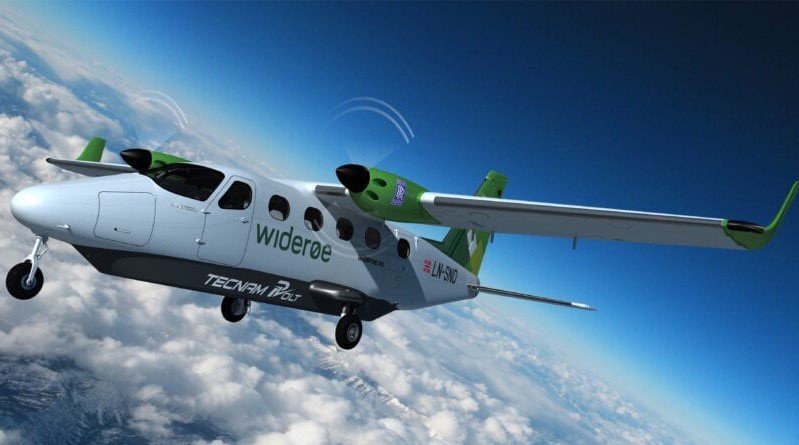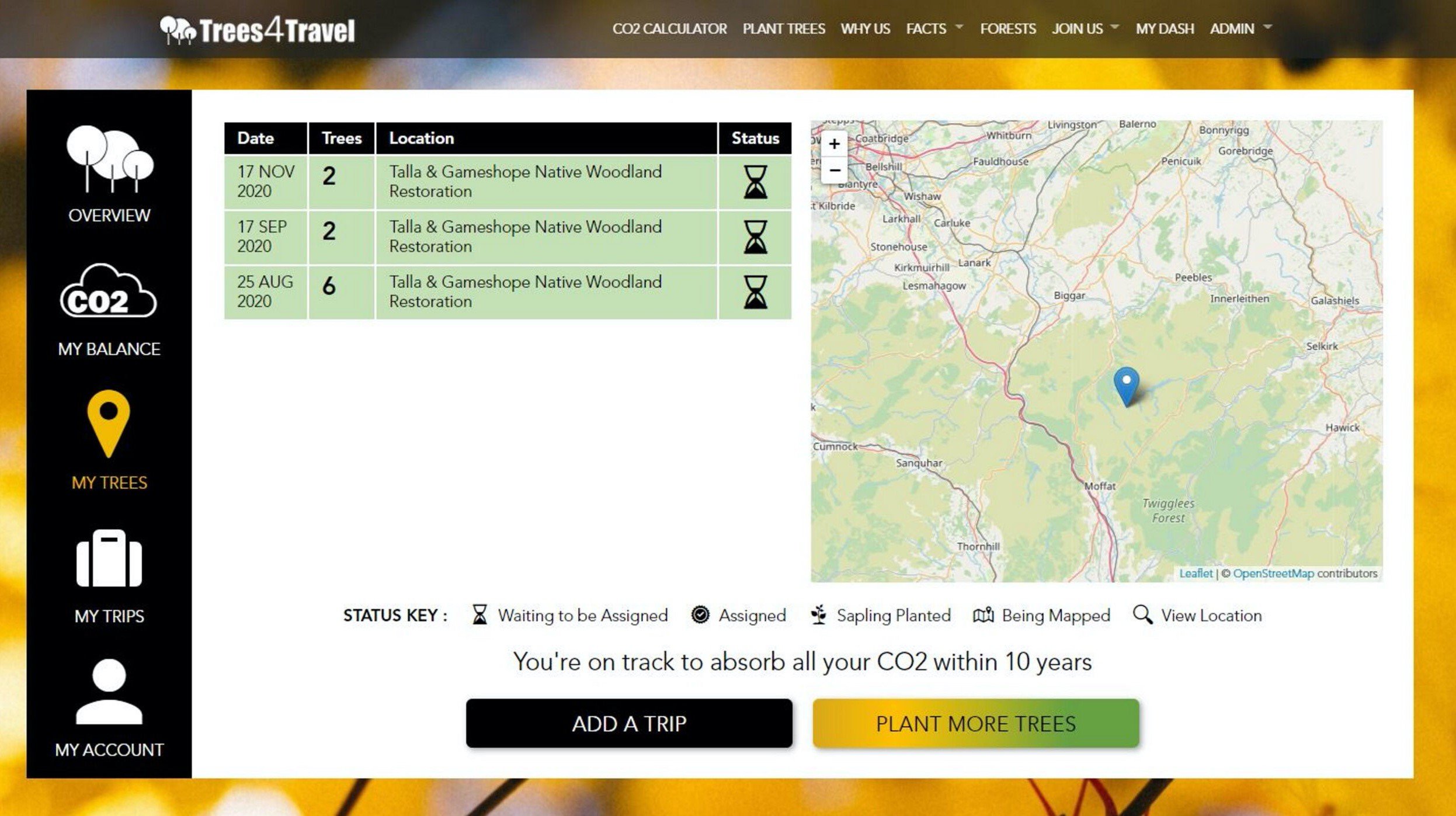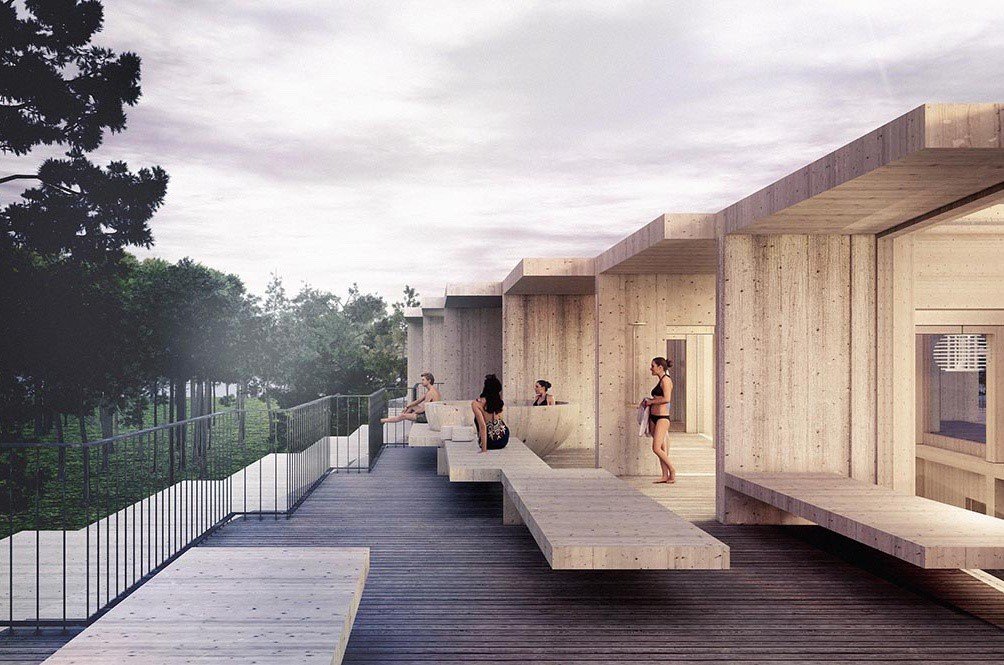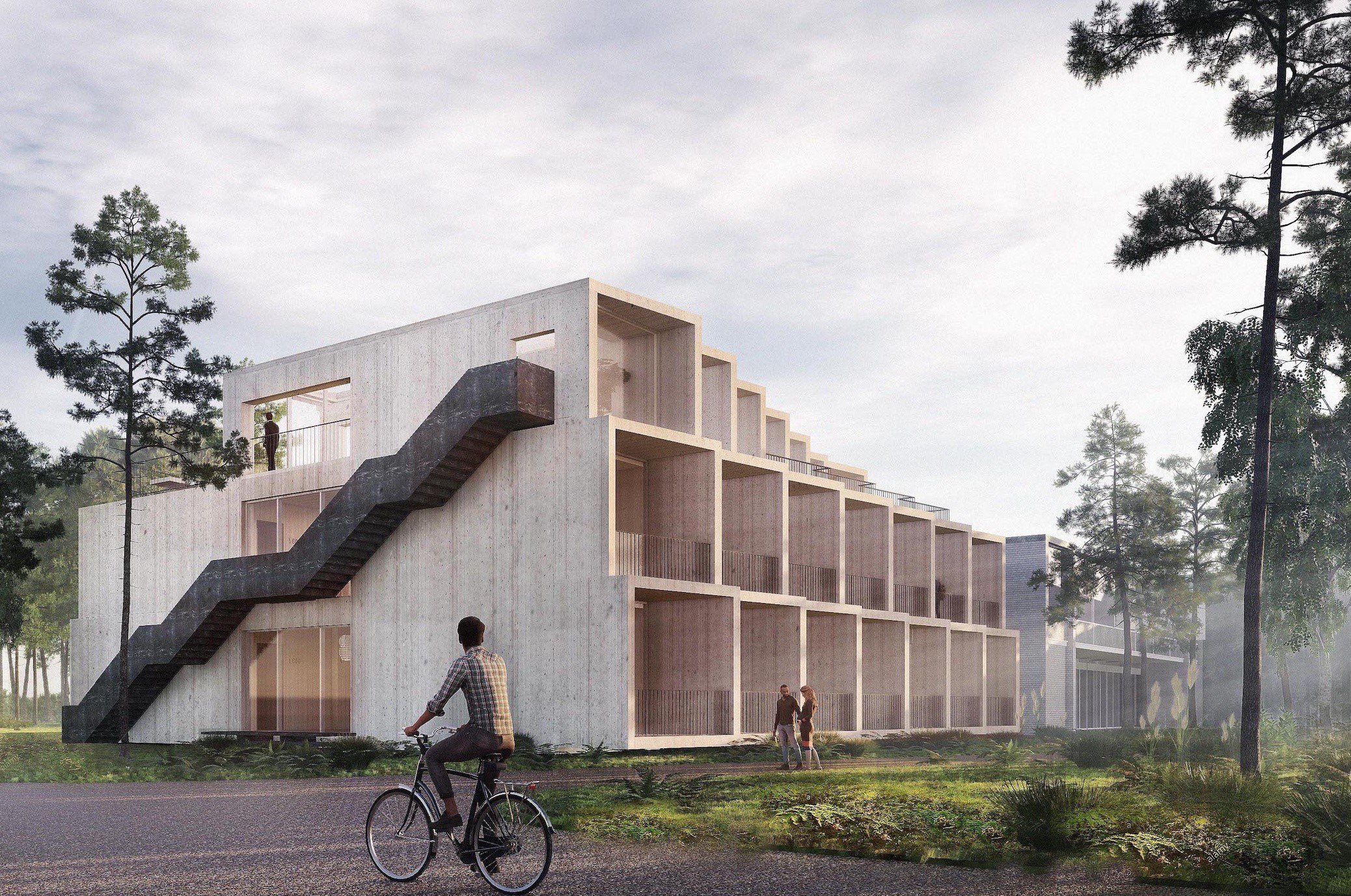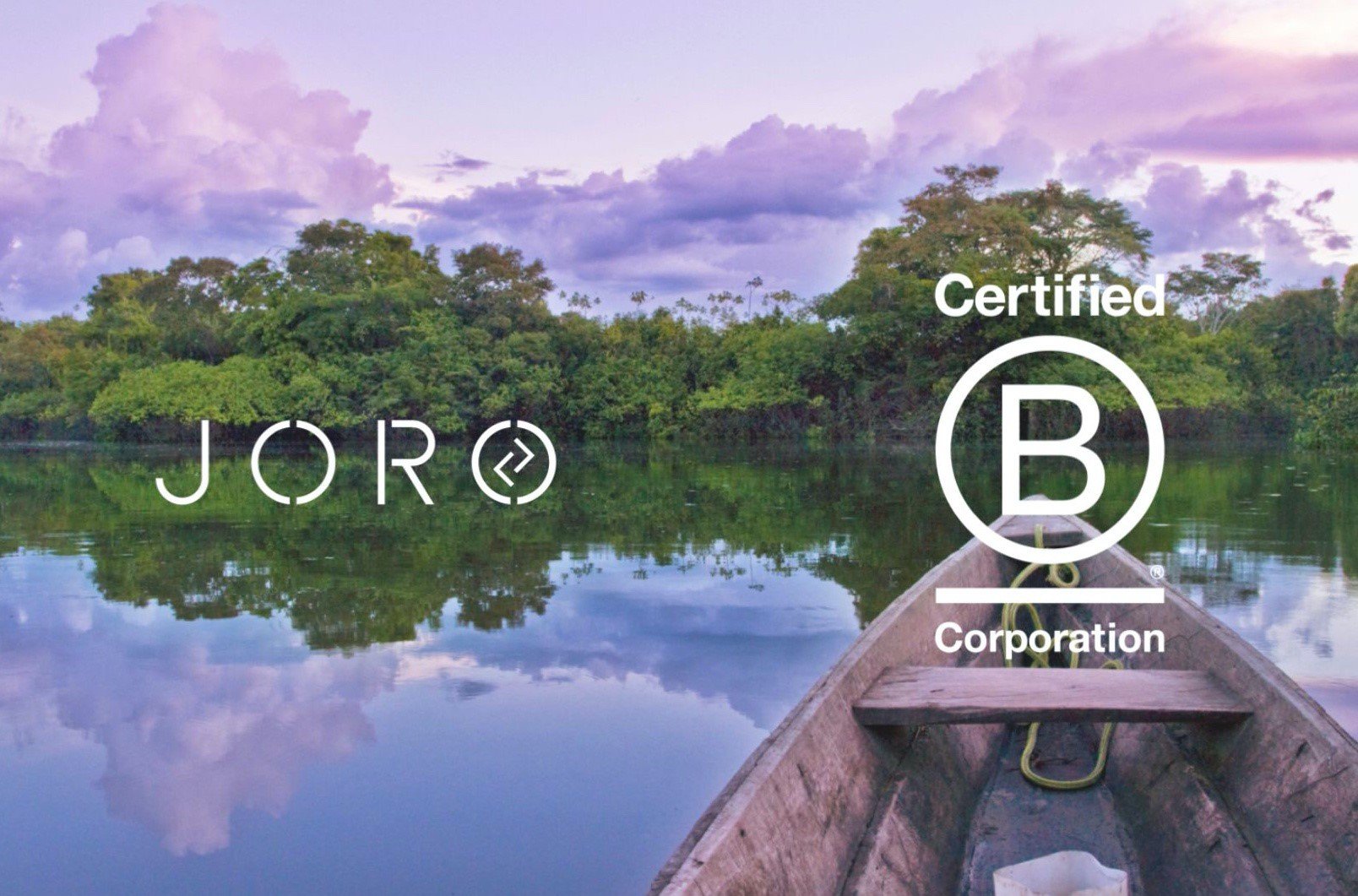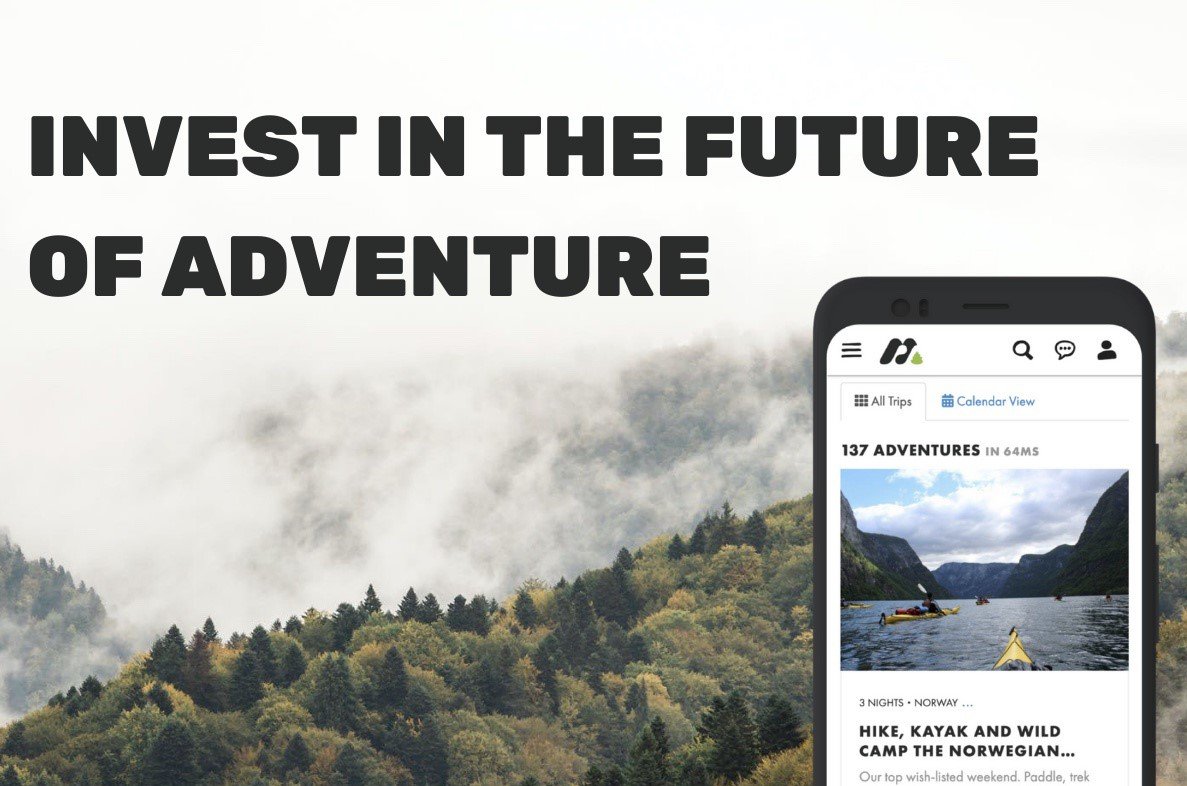Travel and hospitality brands tackling carbon emissions
Brands tackling carbon emissions: a look at industry initiatives and innovations
Throughout November, we are looking at the innovative brands tackling carbon emissions across industry sectors -from beauty and fashion to food & beverage, product design and materials, to technology, travel & hospitality.
Part 7: Travel & Hospitality
With scientists warning that 10 gigatonnes of net CO2 will need to be removed from the atmosphere to keep the global temperature rise under 1.5°C by 2050, the urgent quest to meet net zero (or, increasingly, carbon positive) goals is sparking a cross-industry wave of innovation. As such, eco-minded brands are not only looking to reduce emissions but also exploring carbon sequestration – a sector that’s set to be worth $15.5bn by 2027, growing at a CAGR of 12.3% (Research & Markets, 2021).
Below, we look at the Travel and Hospitality industry leaders tackling carbon emissions
Norway’s domestic airline Widerøe is gearing up to operate zero-emission flights by 2026, using all-electric planes developed by Rolls-Royce and Italian manufacturer Tecnam. While much has been made in the aviation industry of using carbon offsets purchased by eco-conscious consumers to drive down prices, Widerøe’s is one of the few airline initiatives that takes direct responsibility, devising new ways to operate with an environmentally sound model.
Trees4Travel has launched a free-to-use Carbon Calculator API that lets travel professionals analyse the carbon footprint of their audience at every point of the trip’s life cycle. The UK start-up positions this as a “trips for trees” model, calculating the number of young hardwoods that must be planted to offset each trip. Clients can also purchase carbon offsets (by funding initiatives that reduce CO2 – in this case, reforesting projects) on the platform.
Image credit: Widerøe, Trees4Travel, Hotel GSH
On the Danish island of Bornholm, Hotel GSH (Green Solution House) is building an entirely carbon neutral extension. Designed by local architecture firm 3XN, the structure will be made of cross-laminated timber filled with wood fibres for insulation. The sequestered carbon contained in the wood is expected to be sufficient to nullify the building’s carbon emissions over its lifetime. To ensure its footprint remains low, skylights and open spaces will offer passive cooling during warm days in lieu of air conditioning or fans.
Image credit: Hotel GSH
UK adventure tour operator Much Better Adventures offers carbon labelling for each of its excursions – effectively functioning as an environmental nutrition label for the itinerary. To make this possible, the company enlisted British carbon consultancy C Level to perform an independent analysis of its trips. The company also plants enough trees to offset the emissions that result from every departure.
Tour operator Joro is an all-round sustainability star with its recently achieved B Corp status and focus on low-carbon adventures. To achieve low-impact excursions, the UK operator prioritises electric vehicles for airport transfers and works primarily with local providers that share its eco-minded nature. Carbon offsets (such as renewable energy or direct capture initiatives) are built into the price for each trip.
In 2020, Aruba’s Bucuti & Tara Beach Resort became the first hotel to receive the Global Climate Action Award from the United Nations, in recognition of its world-class energy conservation practices. Every aspect of the resort has been overhauled to minimise carbon emissions and waste. A privately run solar panel system supplies the bulk of its power, while gym equipment is hooked up to pump energy back into the local grid. A low-impact variable refrigerant cooling system monitors when guests are present in their rooms to control the temperature.
Image credit: Much Better Adventures, Joro Experiences, Bucuti & Tara Beach Resort
Thank you for reading.
We’d love to hear your thoughts. Post a comment below or if you would like to find out more, please do get in touch.

